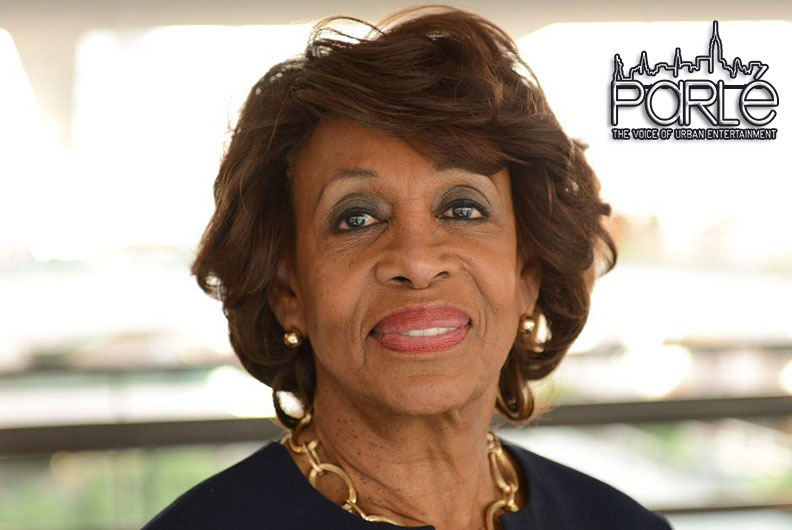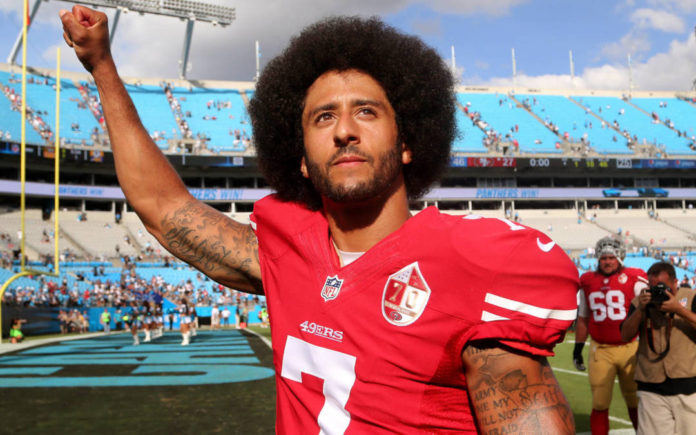Why Those Who Don’t Watch Football Should Still Support The Colin Kaepernick-Inspired NFL Boycott
Not everyone watches football. But mostly everyone has heard about the NFL Boycott organized in support of Colin Kaepernick; the Activist football player whose refusal to stand during the national anthem has seemingly led to his unsigned status. Kaepernick decided to kneel in protest of the unjust acquittals of police in the shootings of Black people or other people of color. Many believe Kaepernick’s inability to get signed to a team for the 2017-18 season is because of his Pro-Blackness and Activism, which has led to an NFL Boycott that is reportedly making progress.
So, what does all of this mean for those who do not watch football? Should they be concerned about the Boycott? While these questions might only lead to an abyss of subjectivism, there are at least some things non-football observers should be aware of when it comes to the Boycott inspired by Colin Kaepernick.
#1. The current NFL Boycott enlightens one to become more racially literate.
What’s happening with Colin Kaepernick agitates the post-racial assumption. Denying racism fosters comfort and eventually apathy; while accepting that it still exists reveals the damaging effect. Kaepernick’s support for Black Lives Matter rubbed against the undercurrents of racism that lies at the heart of American history. The reported rejection and retaliation Kaepernick received for attempting to push America to live up to her creed suggests we are not post-racial, but we are a society whose very structural reality thrives on racial ideology. The non-football observer may not watch football, but he or she can learn what it means to be racially literate or WOKE by watching and helping this current NFL Boycott playout in full detail.
#2. 21st-century commodification may be a far cry from slavery, but it is a thing.
A person who does not watch football may not be familiar with sports culture. It is a culture whose use of language objectifies players. Players are traded from one team to the next and are ranked based on physical ability and skill, which renders them as mere commodities for the billionaire franchise owners. There is no real consideration for the player other than his performance on the football field. Some have compared it to American slavery. Such comparison is a stretch in the strictest terms; however, the principles are in some way comparable. Sports culture regards players as assets. Kaepernick is a commodity to league owners. They need players like Kaepernick to advance a sports culture built on the backs of players who are 75% African American.
#3. The current NFL Boycott causes us to remember other NFL Boycotts.
Those who do not watch football may not realize it, but this is not the first NFL Boycott. There have been others, with the most recent one being a boycott started to address domestic violence issues within the league. In 2014, a host of domestic violence cases led some fans to boycott their favorite fall sport, #BoycottNFL. The NFL seemed at first too lenient with players accused of abuse, which led some fans to stay away from the stadiums. Multiple boycotts suggest structural issues that require everyone’s attention—even those who do not watch the game.
#4. 111-110 = 1.
Non-football observers should be interested in this math fact, 111-110=1. On July 25, 2017, Dr. Ann McPhee, a neuropathologist, reported on the degenerative disorder linked to depression, dementia, disorientation, and a loss of memory known as C.T.E. Dr. McPhee tested 202 brains of football players who are deceased. 111 of them played in the NFL, and 110 out of 111 players’ brains tested positive for C.T.E., a condition brought on by repeated blows to the head. The NFL has instituted concussion protocol but as Dr. McPhee asserts, “It is no longer debatable whether or not there is a problem in football–there is a problem.” During the NFL Boycott, we can focus on this essential issue, and non-football observers can help advocate and push league owners to do more in the wake of these findings.
One does not need to watch football to be a part of the current NFL Boycott. Considering the items above helps one avoid being complicit supporters of a sports culture that fosters racial denial, overlooks human value, or is not more aggressively addressing C.T.E. and domestic violence. These are matters that should concern all of us. The NFL Boycott points to interconnected matters—matters of human interest.
#NonfootballObserversStandingWithKaepernick
Readers Also Liked:

How The NFL Trained You To Hate Colin Kaepernick Because He Took A Knee For What He Believed In
Everyone’s Favorite Auntie, Congresswoman Maxine Waters Has A Long History of Supporting Black America
[INFOGRAPHIC] What Can We Learn From The Flint Water Crisis???

